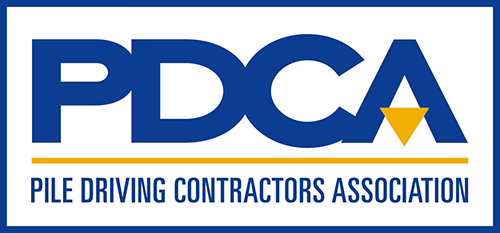
Workplace safety in a cannibas revolution
By: Bob Morgan, Esq. and Rick Kalson, Esq., Benesch Law
Photo credit: openrangestock/123RF
There are now 33 states that have legalized medical cannabis and 10 that have legalized recreational cannabis, with more soon to come. Many of these state's laws have employer protections for safety-sensitive jobs, and generally allow an employer broad discretion to enact and implement zero-tolerance policies. For example, Arizona allows employers to discipline an employee for possessing or using marijuana on company premises or during work time, even if that employee is authorized to use medical cannabis (A.R.S. Sec. 36-2814(B)). However, note some contradictory caselaw in states such as Rhode Island (See Callaghan v. Darlington Fabrics, C.A. No. P.C. 2014-6680, where an employer was found to have violated the state medical cannabis law for failing to hire a job applicant that had a medical cannabis card and stated she could not pass a drug test) and Connecticut (Noffsinger v. SSC Niantic Operating Company, LLC, 2018 WL 4224075, at 1, D. Conn. Sept. 5, 2018, where an employer was found to have violated the state medical cannabis law when refusing to hire a medical cannabis patient who tested positive on a pre-employment drug test).
Notably, the vast majority of cases have ruled in favor of employer discretion regarding whether to discipline or terminate medical cannabis users. Even when anti-discrimination provisions were implicated, courts have consistently left open the possibility for an employer to take action against medical cannabis users in safety-sensitive positions (See Barbuto v. Advantage Sales and Marketing, LLC, SJC 12226; July 17, 2017).
On its face, these decisions make sense. There are some industries where workplace drug testing is increasingly rare such as in the technology sector where millennial workers are more in-demand and others where the employer approaches cannabis as a substance scientifically less harmful than alcohol or more dangerous drugs. Yet, safety-sensitive positions such as construction sites, medical facilities and large warehouses will always require more stringent workplace standards.
Read more in PileDriver magazine...





